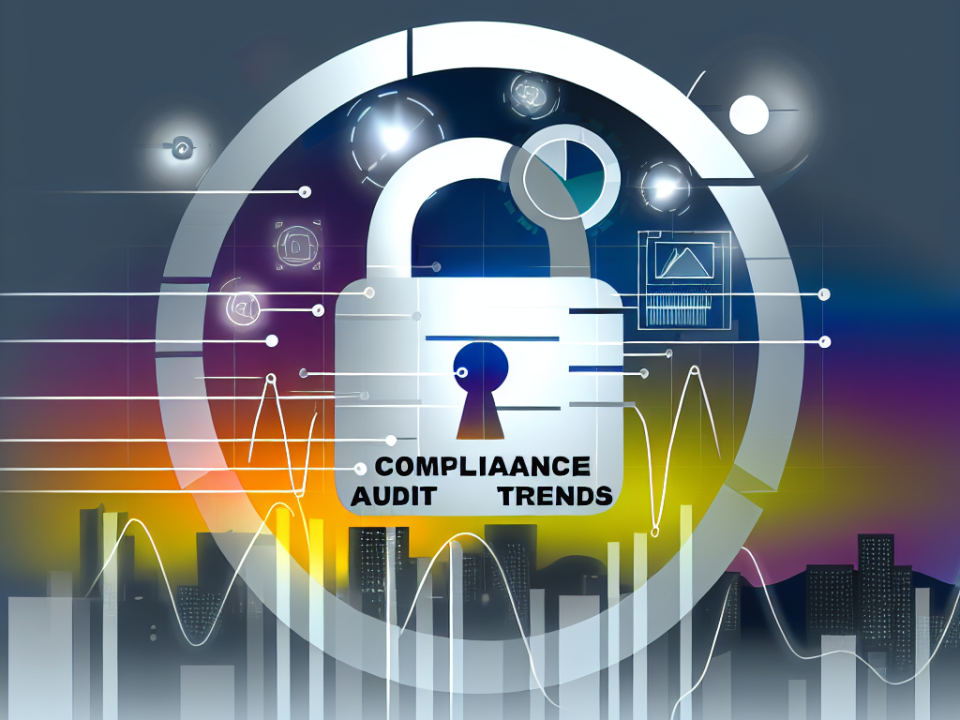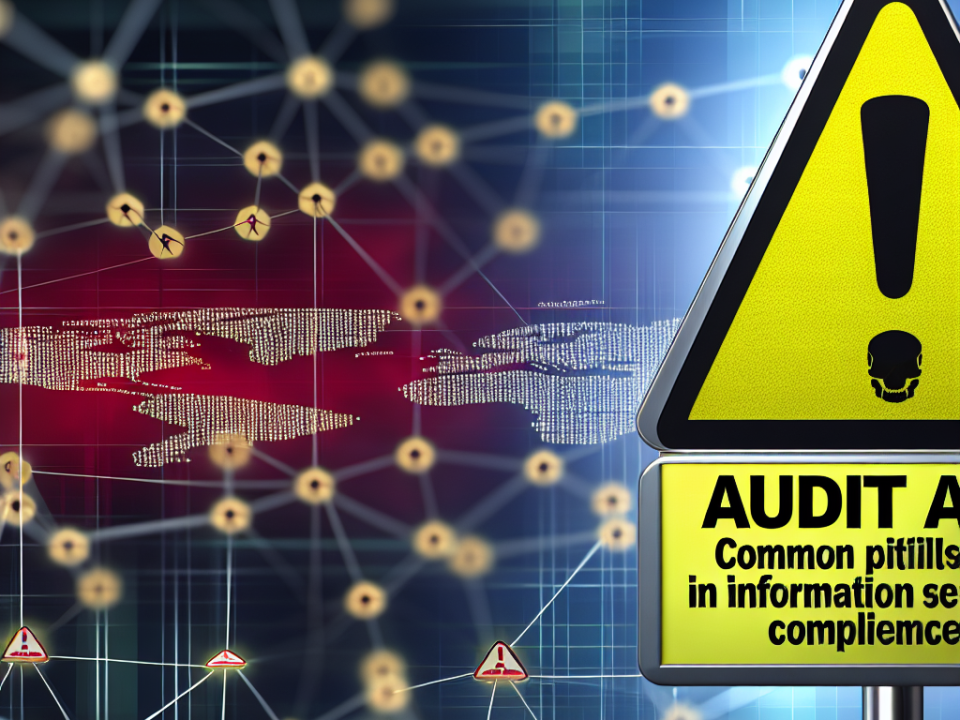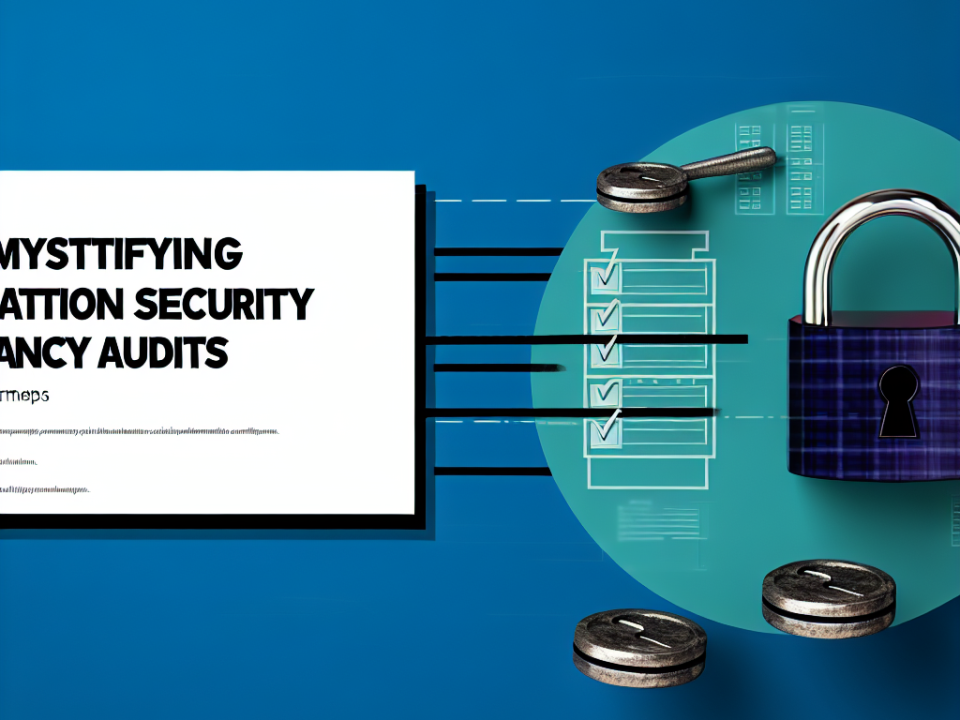
Rising Regulations: Navigating the Future Landscape of Cybersecurity Compliance
July 29, 2025
Cybersecurity and the Internet of Things: Protecting the Future of Smart Devices
July 30, 2025
In an increasingly digital world, cybersecurity compliance has become paramount for organizations of all sizes. In 2023, a myriad of regulations continues to shape how businesses navigate the complex landscape of data protection and cybersecurity. Understanding these regulations is critical for mitigating risks, ensuring customer trust, and avoiding hefty fines. Below are key regulations organizations should prioritize this year.
1. General Data Protection Regulation (GDPR)
Scope: European Union (EU)
Since its rollout in 2018, the GDPR has set the global standard for data privacy and protection. It mandates strict guidelines on how organizations collect, store, and process personal data of EU residents. With penalties reaching up to €20 million or 4% of global annual turnover, non-compliance can be costly.
Key Takeaways:
- Consent and Transparency: Organizations must obtain explicit consent from individuals to process their data and must be transparent about how that data is used.
- Right to Access and Erasure: Individuals can request access to their data and demand its deletion.
- Data Breach Notifications: Businesses must report data breaches within 72 hours.
2. Health Insurance Portability and Accountability Act (HIPAA)
Scope: United States
For organizations in the healthcare industry, HIPAA remains a cornerstone regulation. It includes provisions to protect sensitive patient information and mandates the implementation of physical, administrative, and technical safeguards.
Key Takeaways:
- Protected Health Information (PHI): Organizations must ensure that any handling of PHI complies with HIPAA standards.
- Breach Notifications: Covered entities must notify patients and the Department of Health and Human Services (HHS) in the event of a data breach.
- Business Associate Agreements: Third-party vendors who handle PHI must also comply with HIPAA.
3. California Consumer Privacy Act (CCPA)
Scope: California, United States
The CCPA has set precedence for state-level data protection laws and is illustrative of broader trends toward enhancing consumer privacy rights across the U.S. It gives California residents greater control over their personal information collected by businesses.
Key Takeaways:
- Consumer Rights: Californians have the right to know what personal information is collected, request deletion, and opt out of data selling.
- Penalties: Violations can result in fines ranging from $2,500 to $7,500 per violation.
- Expanded Definition: In 2023, amendments to the CCPA broadened the definition of personal information, capturing more data types.
4. Payment Card Industry Data Security Standard (PCI DSS)
Scope: Global
For organizations that handle credit card information, PCI DSS compliance is non-negotiable. This set of standards is designed to ensure that companies securely process and store card information.
Key Takeaways:
- Data Security Measures: Organizations must implement various security measures, including maintaining a secure network, implementing strong access control measures, and regularly monitoring networks.
- Regular Assessments: Compliance requires ongoing vulnerability assessments and penetrative testing.
- Mandatory Reporting: Any security vulnerabilities or breaches must be reported to the involved payment card brands.
5. Federal Information Security Management Act (FISMA) and NIST Cybersecurity Framework
Scope: United States Government
FISMA establishes a comprehensive framework to protect government information, operations, and assets against natural or man-made threats. Alongside this, the NIST Cybersecurity Framework provides guidelines for managing and reducing cybersecurity risk.
Key Takeaways:
- Risk Management: Agencies must implement risk-based approaches to manage cybersecurity risk.
- Continuous Monitoring: Continuous assessment and monitoring of information systems are required to maintain compliance.
- Reporting Requirements: Regular reporting to the Office of Management and Budget (OMB) is mandatory.
6. New York SHIELD Act
Scope: New York, United States
Effective since 2020, the SHIELD Act broadened New York’s data breach notification requirements and imposed stricter data security requirements for businesses that handle private information of New York residents.
Key Takeaways:
- Definition of Private Information: It expands the definition to include biometric data and email addresses combined with passwords.
- Data Security Requirements: Businesses must implement reasonable safeguards to protect personal data.
- Breach Notifications: Organizations must notify affected individuals in the event of a breach involving private information.
Conclusion
As the landscape of cybersecurity continues to evolve, businesses must ensure compliance with these key regulations in 2023. Understanding and implementing these regulations not only serve as a defensive strategy against cyber threats but also foster trust and loyalty among customers. Proactive compliance measures can help organizations mitigate risks, prevent data breaches, and navigate the increasingly complex regulatory environment. As always, consulting with legal and cybersecurity professionals is advisable to stay up-to-date with changes and specific compliance requirements relevant to your industry.







